Preventive Use of Common Antibiotic Reduces Child Mortality in Sub-Saharan Africa
Treating young children in Sub-Saharan Africa with azithromycin, a safe, inexpensive, and widely used antibiotic, significantly reduced deaths of children under five.

University of California San Francisco
Give to UCSFTreating young children in Sub-Saharan Africa with azithromycin, a safe, inexpensive, and widely used antibiotic, significantly reduced deaths of children under five.

A new study from UCSF shows preterm labor may sometimes happen when the fetal immune system “wakes up” too early and begins to reject the mother, causing the uterus to start contracting.
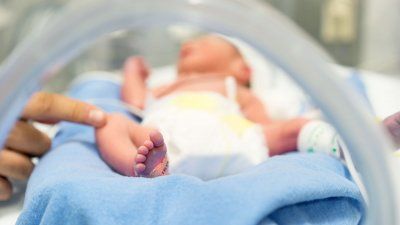
UCSF scientists have uncovered new mechanisms by which HIV hides in infected cells, resting in a latent state that evades the body’s immune system and preventing antiviral drugs from flushing it out.
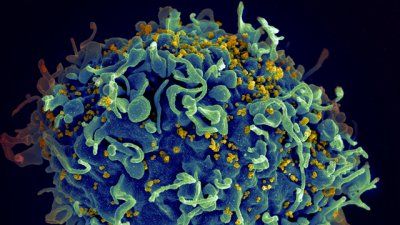
The MEI is part of a group of partners that has been awarded a new contract by USAID to support the President’s Malaria Initiative’s Advancing the Progress of Malaria Service Delivery project in 28 countries.
A new UCSF study has shown that a cancer-killing (“oncolytic”) virus currently in clinical trials may function as a cancer vaccine.
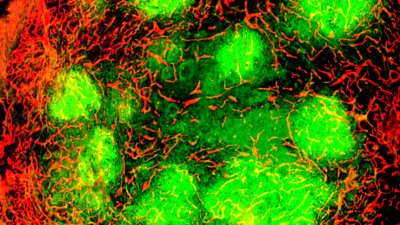
A new study shows that an immune signal named interleukin 33 plays a crucial role in allowing the brain to maintain the optimal number of synapses during the development of the central nervous system.
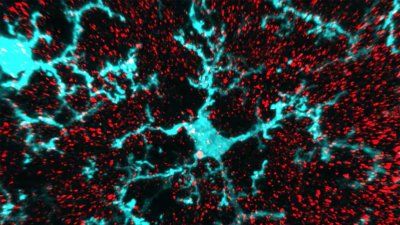
Children with an extremely deadly form of brain cancer might benefit from a new treatment that aims to direct an immune response against a mutant form of a protein found exclusively on cancer cells.
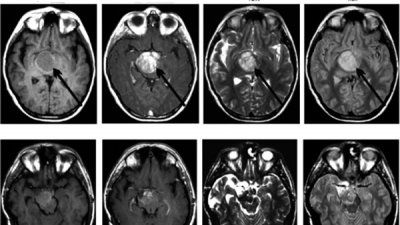
UCSF has ranked in the top 10 for seven specialties in 2017 Best Global Universities rankings released Tuesday by U.S. News & World Report.
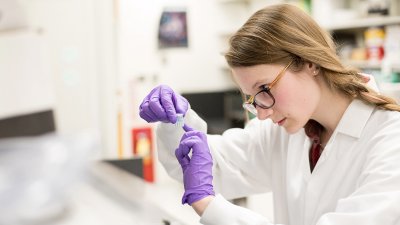
UCSF scientists have successfully completed a Phase II clinical trial showing that an FDA-approved antihistamine restores nervous system function in patients with chronic MS.

Newly developed microscopy techniques have allowed UC San Francisco researchers to observe white blood cells in action in unprecedented detail.
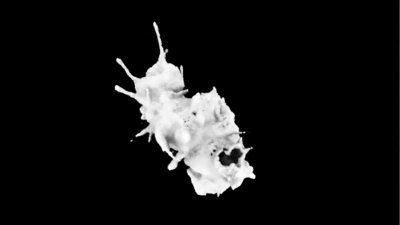
Researchers at UCSF have identified specific gut microbes associated with MS in human patients, showing that these microbes take part in regulating immune responses in mouse models of the disease.

Research team led by University of California scientists has used a modified version of the gene-editing technique CRISPR to find enhancers by prompting them into action.

A study headed by UCSF researchers fuels the probiotics debate by finding that there is no clear evidence that a supplement of the “friendly” bacteria strain of lactobacillus prevents eczema.
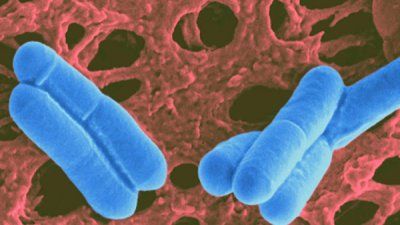
A virus hiding quietly in the gut may trigger the onset of a severe complication known as graft-versus-host disease (GvHD) in patients who receive bone marrow transplants.
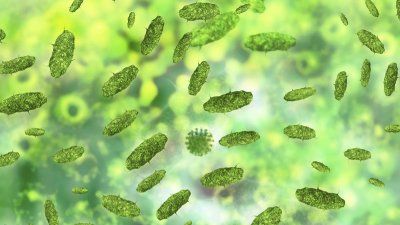
Whether a melanoma patient will better respond to a single immunotherapy drug or two in combination depends on the abundance of certain white blood cells within their tumors, according to a new study.
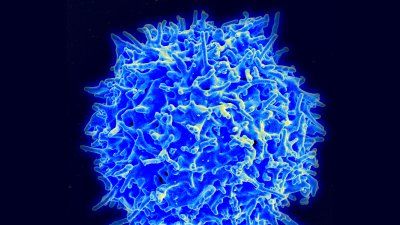
Immune cells in the brain trigger overeating and weight gain in response to diets rich in fat, according to a new study in mice led by researchers from UCSF and the UW Medical Center.

In experiments in mice, UC San Francisco researchers have discovered that regulatory T cells, directly trigger stem cells in the skin to promote healthy hair growth.
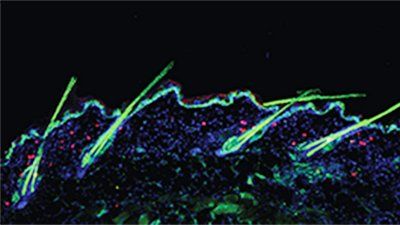
How T cells feel out intruders rapidly and reliably enough to nip infections and other threats in the bud has remained a mystery to researchers.
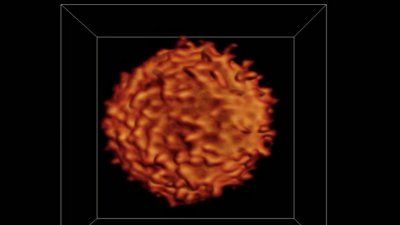
UCSF researchers have helped to identify the three evolutionary steps the polio virus used to evolve from harmless vaccine into a regional menace. With the new knowledge, they have developed a new polio vaccine that should be unable to escape and cause outbreaks.

New research has found that successful cancer immunotherapy appears to depend on whether the treatment can trigger a system-wide immune response, rather than just a local response within the tumor itself.
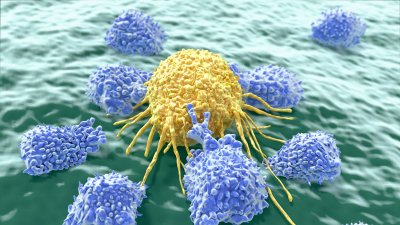
UC San Francisco scientists have formed an innovative research alliance with three global pharmaceutical companies.

In findings that show the effectiveness of a new strategy for treating multiple sclerosis, researchers are reporting positive results from three large, international, multicenter Phase III clinical trials of the investigational drug ocrelizumab in both relapsing multiple sclerosis and primary progressive multiple sclerosis.
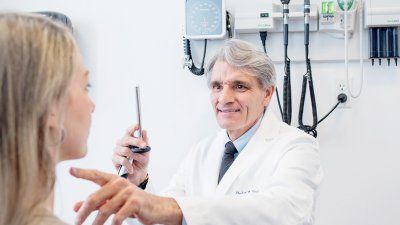
UCSF-led research team identified the rare genetic mutation responsible for a unique case of severe combined immunodeficiency, a deadly immune system disorder also known as “boy in the bubble” disease.

Graduate student Lauren Rodda captured a microscopic mage of a mouse gut, which highlights her work to understand the germinal center, where immune cells compete to be the best at recognizing an invading pathogen.
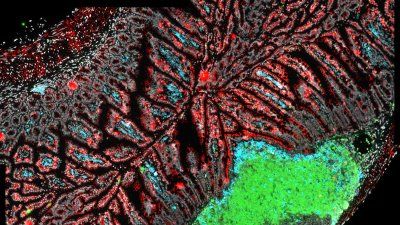
Researchers at UCSF and the academically affiliated Gladstone Institutes have used a newly developed gene-editing system to find gene mutations that make human immune cells resistant to HIV infection.

UCSF has ranked as one of the top 20 universities in the world, according to the 2017 Best Global Universities rankings released Tuesday by U.S. News & World Report.

Lenore Pereira, a virologist and professor in School of Dentistry’s Department of Cell and Tissue Biology, is in the middle of crucial research to understand how the mosquito-borne Zika virus harms the babies of women infected during pregnancy.

Using a mouse model of multiple sclerosis, UCSF scientists demonstrated that regenerating myelin can both protect neurons from damage and restore lost function.
